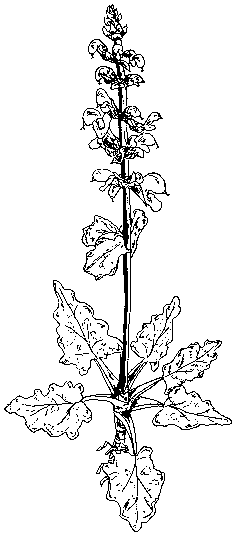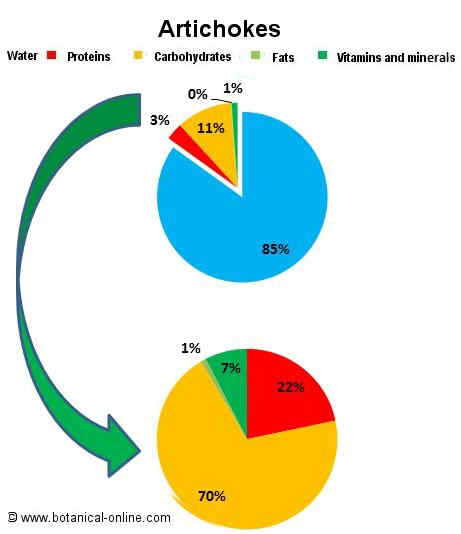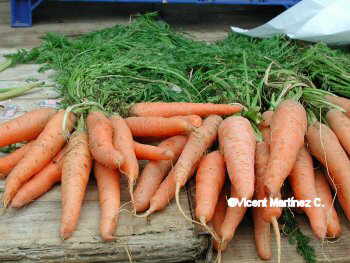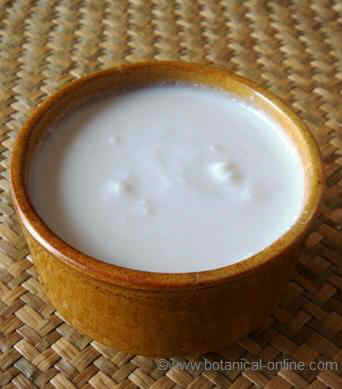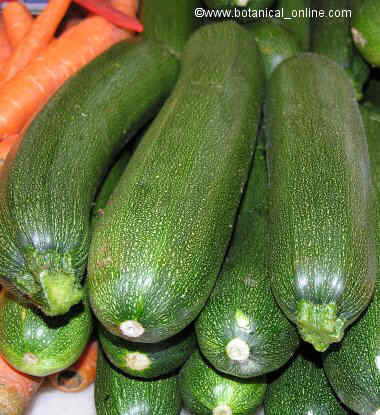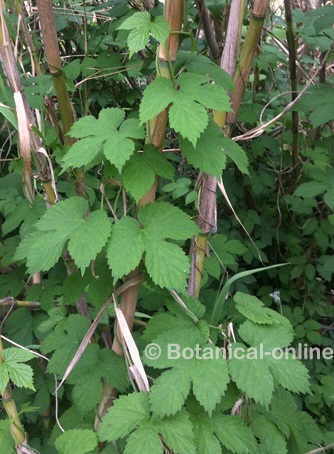Contents
- 1 Foods to lower homocysteine
- 1.1 What are the main suitable foods to decrease homocysteine?
- 1.2 Folic acid or vitamin B9 for high homocysteine
- 1.3 Which foods are the richest in vitamin B9?
- 1.4 Is it necessary to take vitamin B9 supplements or folates?
- 1.5 What type of vitamin B9 or folate supplement is recommended?
- 1.6 Vitamin B6 to lower homocysteine
- 1.7 Does eating meat increase homocysteine?
- 1.8 Vegetarian diet and high homocysteine levels
- 1.9 Vitamin supplements for high homocysteine
- 1.10 Vitamin B12 for high homocysteine
- 1.11 What B12 supplement is recommended to take?
- 1.12 Soya lecithin and choline to lower homocysteine
Foods to lower homocysteine
What are the main suitable foods to decrease homocysteine?
The foods that decrease homocysteine are mainly those foods rich in vitamins B12, B9 and B6, because these three vitamins are those that are directly involved in the neutralization of this toxic amino acid (in what is known as the cycle of homocysteine-methionine) .
Throughout this article you will find a whole series of foods that provide a lot of these vitamins, along with plant antioxidants that will help neutralize the damage caused by high levels of homocysteine.
Folic acid or vitamin B9 for high homocysteine
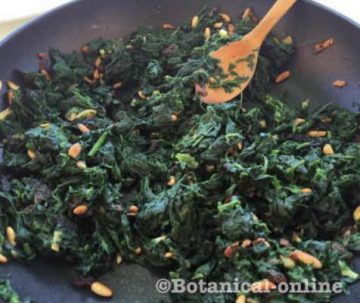
Foods rich in vitamin B9 (folic acid) are very important to achieve lower levels of homocysteine in blood. In addition, foods with this vitamin are doubly interesting because they coincide with the most depurative foods.
Which foods are the richest in vitamin B9?
Vitamin B9 or folic acid is found in a multitude of foods of vegetable origin, meat being very poor in this vitamin. It is impossible to achieve daily folate requirements without ingesting vegetables. Therefore, the most likely cause of having low levels of folate is to eat few vegetables. In these cases, the treatment must be dietary, increasing the proportion of vegetables, legumes and fresh fruit that is consumed daily.
- Foods richer in vitamin B9 or folic acid are mainly spinach, avocado, broccoli, legumes and raw nuts (without salt).
- To ensure a good intake of folates in the diet, it is recommended to increase the consumption of all types of green leafy vegetables.
- It must be taken into account that when boiling the vegetables this vitamin is lost in the broth (it is water-soluble). Recipes that are very rich in folic acid would be steamed vegetables (during boiling, a large part of the folate, which stays in the broth will be lost), cream of vegetables, etc
Is it necessary to take vitamin B9 supplements or folates?
Supplements of vitamin B9 or folate have no contraindications or toxicity, so taking them may be a good start to address the problem, although it is not mandatory. However, there are exceptional cases in which you have to take folic acid supplements (vitamin B9), and these are:
- When taking medications that lower folate
- During pregnancy and lactation, when the requirements of this vitamin increase significantly
- When the diet is ineffective to raise folic acid levels
- When there are genetic alterations that prevent the correct metabolism of vitamin B9
What type of vitamin B9 or folate supplement is recommended?
The amount of folate recommended to be taken in supplements is a dose of approximately 400mcg per day (see label).
As an important note, it is advisable that people who smoke or who have some disease (such as diseases of the kidneys) take these vitamins in their most bioavailable form, that is, in their “methyl” form, such as methylpholate or metapholine supplements ( vitamin B9).
* More information: how to take folic acid
Vitamin B6 to lower homocysteine
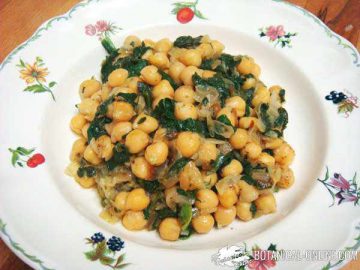
Pyridoxine or vitamin B6 is another of the vitamins needed to lower homocysteine levels since it is necessary to convert it into cysteine, a non-toxic amino acid.
Fortunately, this vitamin is found in almost all foods, especially those rich in protein: meat, fish, lentils, beans, azuki, chickpeas, eggs, tofu, tempeh, etc.
Does eating meat increase homocysteine?
Some hypotheses say that meat consumption could increase homocysteine levels because it contains a lot of methionine, an amino acid precursor of homocysteine. However, the scientific studies carried out in this regard do not support this hypothesis, quite the contrary.
A diet with a normal meat content is not associated with high homocysteine, probably due to its contribution of vitamin B12 (which is only found in foods of animal origin) and vitamin B6.
Vegetarian diet and high homocysteine levels
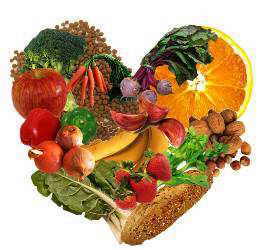
It has been observed that people with an omnivorous diet have higher levels of vitamin B12, which has the property of neutralizing homocysteine.
In contrast, people who follow a vegetarian diet and who do not supplement have lower levels of this vitamin, which could result in an increase in homocysteine, with consequent damage to health. This is the main argument on which the detractors of the vegetarian diet are based to justify that it is not healthy.
Certainly, in some studies dangerously toxic levels of homocysteine in blood were detected in people who had been following a vegan and vegetarian diet for some time (12 and up to 15 micromoles per liter (μmol / l), but this is a very insufficient reason to discredit the potentials benefits of a vegetarian diet, because vegetarians with these problems attained excellent levels of homocysteine only by introducing a B12 supplement at breakfast. An only supplement of vitamin B12 each day can decrease their homocysteine levels by 15%.
Vitamin supplements for high homocysteine
Temporarily or chronically, it will be necessary to use vitamin supplements to reverse this situation. For this, supplements of vitamin B12 and vitamin B9 are used.
Vitamin B6, although it is also involved in homocysteinemia, is not given in supplementation since it has not been observed to provide additional benefits to the diet (naturally, most foods, animals and vegetables, are very rich in this vitamin ).
Vitamin B12 for high homocysteine
- Vitamin B12 is of bacterial origin and is only found in products of animal origin, such as meats, dairy products, fish or eggs.
- Vitamin B12 supplement should be taken for life if a vegan or vegetarian diet is followed, even if eggs or dairy are consumed (How to supplement vitamin B12 in vegetarians). Among the types of B12 supplements, it should be mentioned that neither brewer’s yeast nor nutritional yeast are an optimal supplement of this vitamin, since they do not contain active B12.
What B12 supplement is recommended to take?
The amount of B12 recommended to be taken is very varied, since it can be administered in mega doses without producing any harmful effect. Normally it is recommended between 25 and 100mcg a day, or 1,000mcg twice a week
As an important note, it is advisable that people who smoke or who have a disease (such as kidney disease) take this vitamin in its most bioavailable form, that is, in its “methyl” form, such as methyl-cobalamin supplements ( b12 vitamin).
Soya lecithin and choline to lower homocysteine
Few people know that there are very interesting scientific studies on choline supplementation and decreased levels of homocysteine. Choline (a component of soy lecithin) has the ability to “methylate”, that is, acts in a similar way to folic acid (vitamin B9). For this reason, taking soy lecithin can help reduce homocysteine levels, thus improving cardiovascular function. (2-3 teaspoons of soy lecithin a day) (How to take soy lecithin)
![]() More information on homocysteine
More information on homocysteine


